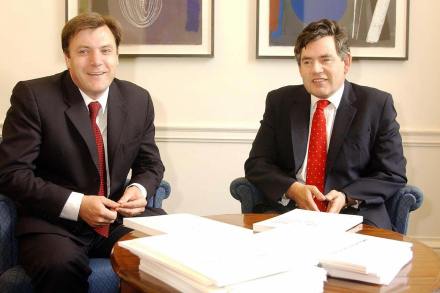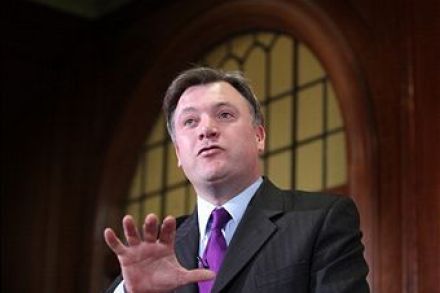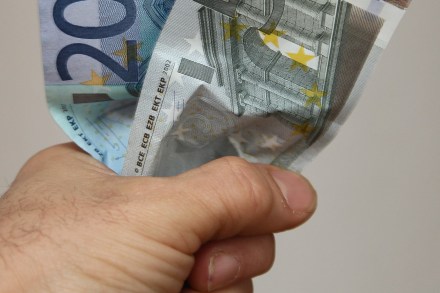Pressure at the pumps
Away from the clamour in the chamber over the bowdlerisation of the NHS reforms, a group of MPs led by Robert Halfon convened in Westminster Hall earlier this afternoon to debate how rising fuel costs might be abated. Treasury minister Justine Greening attended for the government. With the average price of unleaded at 136.9p/litre and diesel at 141.5p/litre last month, fuel costs are now a major concern for ordinary families. According to the campaign group Fair Fuel UK, who are working with the MPs, the average motorist who has to drive to work spent £33/week on petrol last year, taken from median pre-tax earnings of £499/week in 2010. With inflation



















